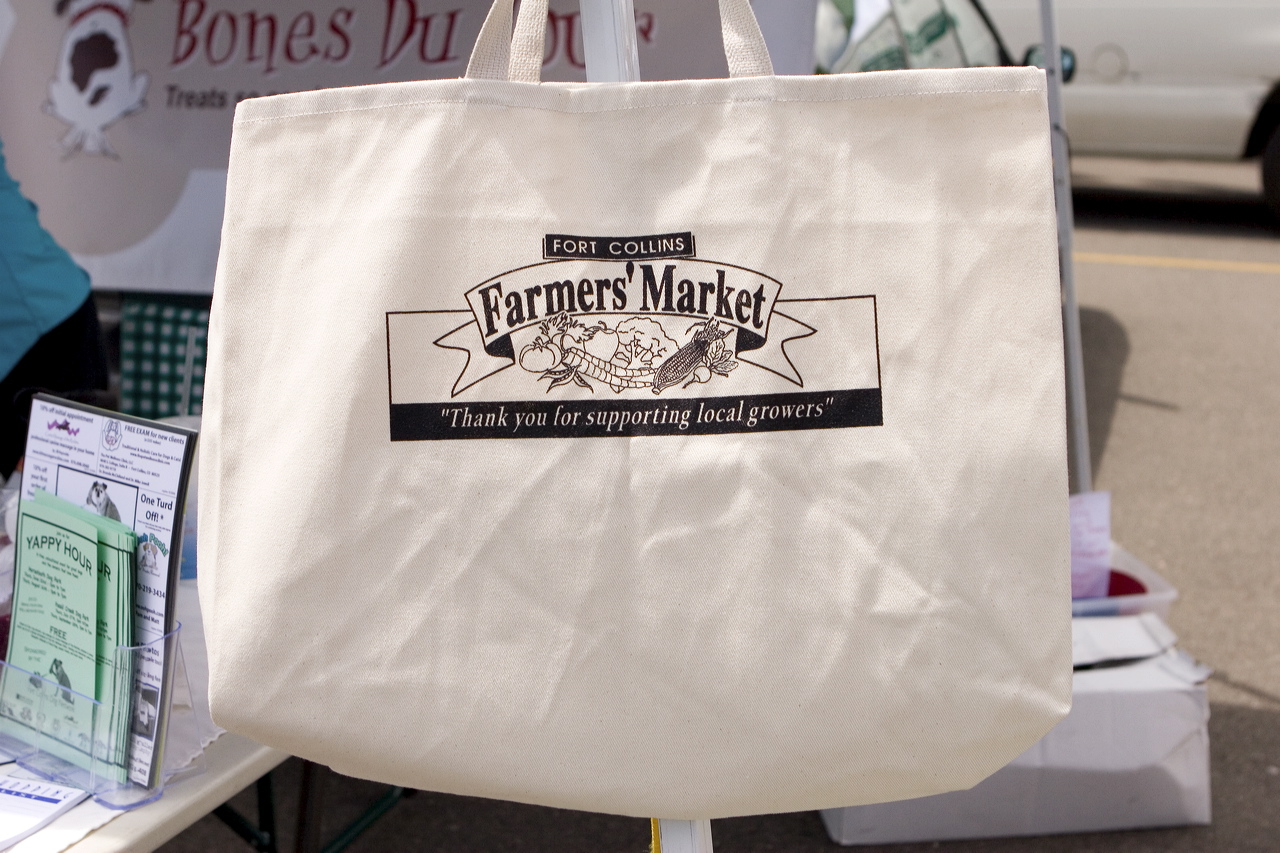Center for Fair & Alternative Trade
"Understanding & Evaluating Ethical Consumption in Colorado"
Presented by Michael Long, Ph.D. Candidate & CFAT Graduate Student

On May 13, 2010, Michael Long, Ph.D. candidate and CFAT Graduate Student Associate, presented “Understanding and Evaluating Ethical Consumption in Colorado” to CFAT faculty, students, and associates.
Michael Long will receive his PhD in July 2010 and join the faculty of Oklahoma State University as an Assistant Professor of Sociology this autumn. This seminar reviewed his dissertation research findings on Colorado residents’ level of knowledge, engagement and participation in ethical consumption. His research analyzes the factors associated with higher levels of ethical consumption, consumer’s motivations for engaging in these practices, and whether or not these consumers understand themselves to be part of a larger political movement in which they are “voting” with their purchasing choices.
Recent research finds that a large number of Americans take social and environmental issues into consideration in their purchasing decisions and that there is a substantial market for sustainable products in the United States. To better understand ethical consumption in food-purchasing decisions, Long completed a mail survey of a random sample of 1,000 Colorado residents (with a 52% response rate) and four focus groups to probe people’s ethical consumption knowledge and practices. He explored three types of ethical food consumption: organics, fair trade, and local.
He found that 96% of respondents were aware of both organic and local food, but only 43% of respondents had heard of fair trade. Over a third of respondents seek out these types of food, with fully 69% of respondents making an effort to purchase local foods.
Analysis of the role of age, sex, education, and political orientation in determining ethical consumption behavior reveals a number of interesting patterns. For example women, those with higher levels of education, and those with politically liberal beliefs are more likely to engage in ethical consumption and purchase these food products. In the case of local foods, the relationships are more complicated since there are two distinct categories of consumers: those who make local purchasing decisions for environmental, health, or social justice reasons (as with organic and fair trade) and those who pursue a “defensive localism” approach and do not seek out organic or fair trade products.
Mike Long reviewed his findings on what would motivate consumers to start buying or buy more of each of the ethical food categories. In the case of organic foods, Colorado ethical consumers appear to be deterred largely by high prices. Respondents report the major limiting factor in their local food purchases has to do with availability. The lack of information on what Fair Trade means and what it supports appears to be the issue that most limits consumers’ purchases in this area.
Michael Long’s dissertation builds on these preliminary findings to analyze the broader relationships between consumer knowledge, values, and ethical practices.